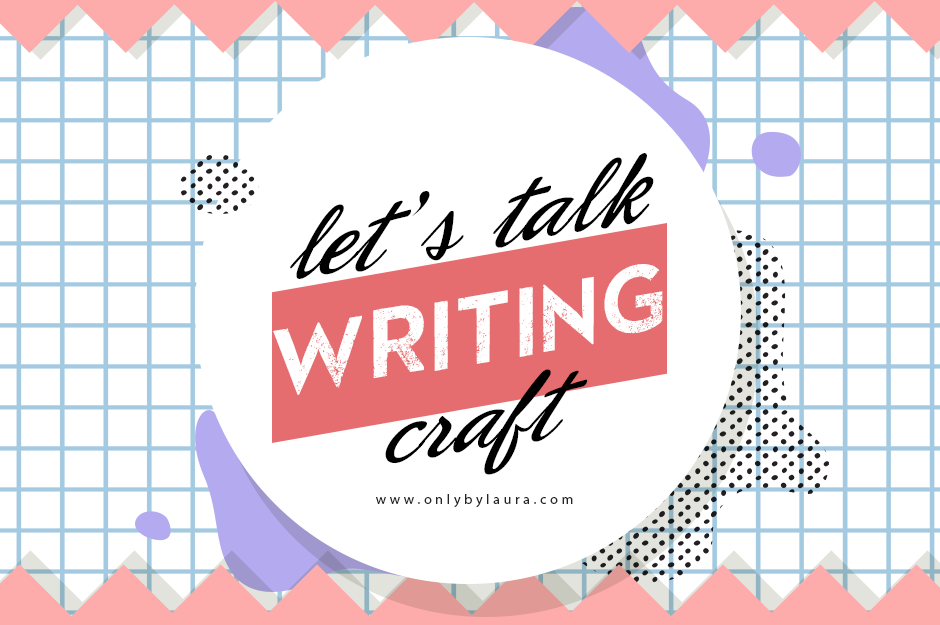One of the many things about writing craft is that it can take many different forms, and it can be about big questions, or about small questions, such as the dreaded prologue.
You’ll see a lot of agents and writing people talking about how much they hate prologues. And then writers going “but I love prologues!” Love them or hate them, they’re always present. So let’s talk about prologues and what they’re for!

Personally, I don’t mind prologues exactly.
They can be fun, short and sweet, and they can bring information to the narrative. A prologue has to have objective–what are you trying to set up with yours? As a baby writer, I absolutely ADORED prologues. I thought they were fun and great and were oh-so-clever… except my friends pointed out that the prologue did not add anything to the story whatsoever. If you cut it out, it would have made no difference.
What is a prologue?
A prologue is a small section of a story that comes before chapter One. It often does not follow the rule of the story — so for example, if your story is narrated in first person, your prologue does not necessarily have to follow that rule.
It can be used for exposition and introduction maybe even in the form of a poem, a letter, or something like a fairytale. In the end, it’s something to help you set up the rest of the story that is to follow.
Why use a prologue?
Prologues are used for many different reasons and to achieve different things.
- To set a mood. Usually they’re short and sweet, and help you understand the mood of the story, whether it’s going to be funny, heartbreaking, or full of reflections.
- To give a vital piece of information. Like a puzzle, sometimes writers give the readers pieces on the prologues so they’ll be able to understand when the final resolution is presented.
- To present the world. Prologues are especially and commonly used in SFF. This way, the writer tries to present the world in some way before the actual events of the story.
When not to use a prologue:
- To expose an event that’s going to happen much later in the book. You might remember it from Twilight, where we first get the scene where Bella is dying and we’re all intrigued. Except that in the end, it’s just very short and has nothing to do with a story, so it kind of fools the reader into thinking that it’s good.
- For infodump. Fantasy writers use prologue as clutches, and this is not always necessary. If your reader is going to skip the prologue because it’s boring, you have to wave in the information in the first chapter.
- For a vital scene that happens before the events of the story. Is it really necessary? Can’t you find a way to put the information inside the story so it makes sense for the characters to know?
- A prologue that has nothing to do with the main story. If you’re writing a scene that seems so disconnected from Chapter One, it definitely makes the reader wonder if they’re going to like the book at all.
- Use a prologue to showcase action. If your story starts in the quiet way, you might be tempted to write a prologue where it’s full of action. But the fact is, most readers won’t care about the action if they don’t know the characters that are participating in it.
A prologue can be used for any number of reasons, but remember that they’ll be the first thing your reader will see with your book. If your prologue is bad, the reader might not want to pick it up or simply want to skip it. Prologues are subjective, and many of the issues above could be subverted depending on the writer. A prologue should be short and intriguing, and it should be absolutely essential to your story.
A bad prologue is much worse than no prologue at all, so keep that in mind!
